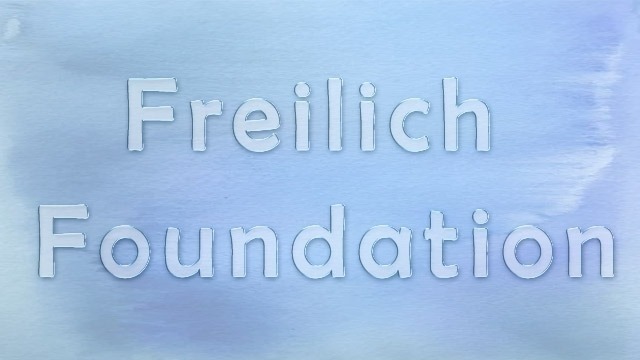The day I wish I had protested

From 1933, with the increasing Nazification of Germany, the Nuremberg racial laws of 1935 and particularly after the Anschluss with Austria, the Sudetenland crisis of August/September 1938 and the aggressive and growing power of Hitler’s Germany, some European refugees were allowed into Australia.
The numbers were relatively small — a few thousand — but the popular attitude was far from sympathetic. They were the “Reffos”. They were mostly, if not entirely, Jewish and in an overwhelmingly Anglo-Saxon population they stood out disproportionately to their numbers.
Apart from the accents and the limited English, the European clothes were a giveaway. (One did not then use the term Anglo-Celtic; there was still a dividing line between British and Irish origins. The fact that the Welsh were of Celtic origin was not considered. The Welsh, like Lloyd George and Billy Hughes, were Protestant. The Italians and Greeks — the “dagos and wops” — were of course not thought of as Australian at all!)
I met quite a number of refugees at Jewish community functions and those who contacted my father for advice and assistance. Most arrived with nothing.
My father’s sister, her husband and infant son arrived from Antwerp in early 1939.
My mother’s youngest sister, a girl in her twenties, had a visa to come and was booked on a ship to sail from Danzig on September 1st, 1939, the day Germany invaded Poland. She is believed to have reached Danzig on the day. She was never heard of again, her fate unknown.
In 1939 or 1940 I was 14 or 15 and a schoolboy at Sydney Grammar. I used to catch the bus outside Winns store in Oxford Street. At the bus-stop in Kings Cross a foreign-looking man asked the conductor a question — presumably a bus direction. He received a reply along the lines of: “Bloody reffo bastard. Learn to speak English why don't you. Get out of here.”
The conductor pulled the cord and the bus left leaving the man standing off the kerb. I was shocked. I was even more shocked at the reaction of the bus passengers. “Good on you mate. That’s the way to talk them. Reffo bastards. etc.”
I was stunned. I felt I should stand up and protest. But I didn’t. I sat silent. And have felt ashamed of myself ever since.
Perhaps the Foundation on Bigotry is the protest I did not make 60 years ago.










